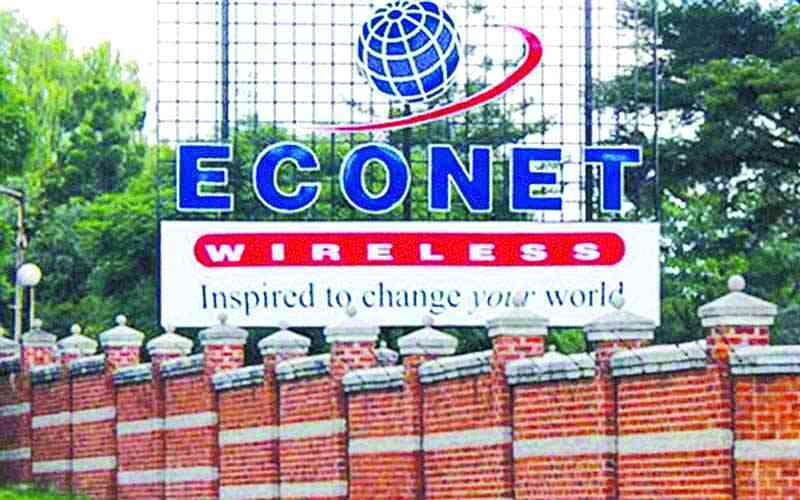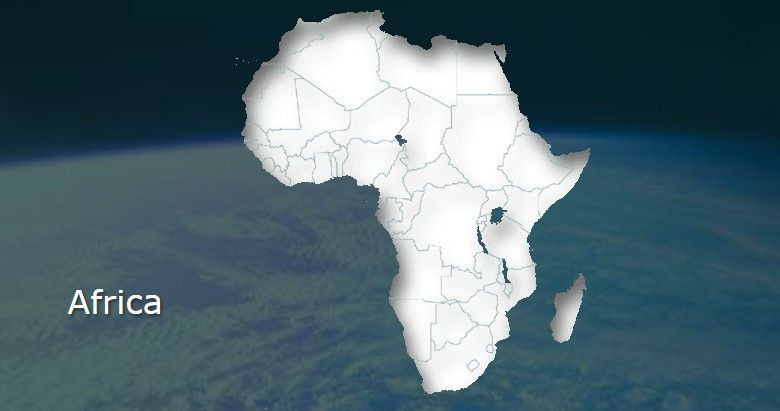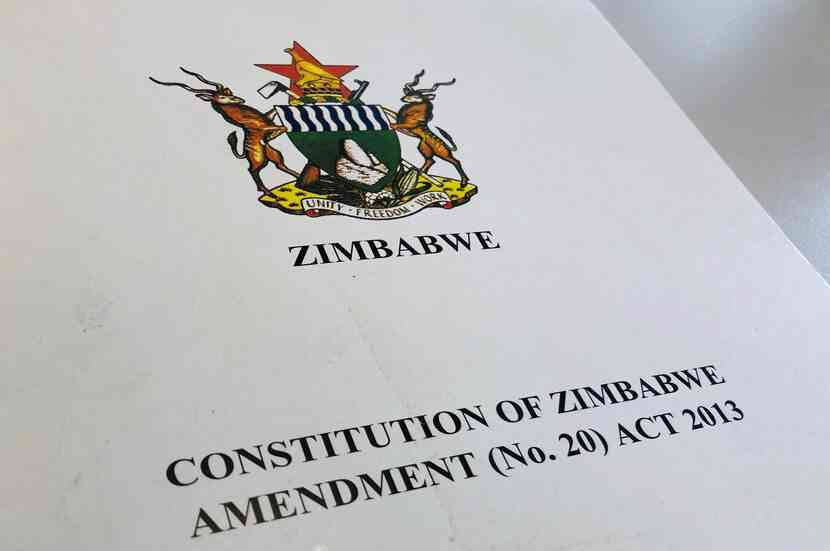
In June, the Zimbabwe Stock Exchange (ZSE) continued its upward trajectory, with market capitalisation surging by 2%, following a 3% gain in May. The All-Share Index edged up 0,19%, largely driven by a 2,28% rise in the Top 10 Index.
The Top 15 Index also advanced, gaining 1,76%, while the Medium Cap Index declined by 5,89%. The Small Cap Index remained mostly flat, ending the month at 100.11.
Monthly turnover on the ZSE fell to ZiG 532 million, down from ZiG 601 million recorded in May. Delta dominated trading activity with ZiG 212 million, followed by Econet at ZiG 116 million.
This marked an interchange from May’s figures, where Econet and Delta posted ZiG 356 million and ZiG 136 million, respectively.
Market breadth remained largely negative in June, with just eight stocks advancing against 21 decliners.
Leading the gainers was Econet, which surged by 28,76%. Its significant market weighting of 19% provided a notable lift to the overall index.
Econet’s sharp price increase was largely driven by its interim dividend payout of US 0,63 cents, distributed on June 25. Mashonaland Holdings and GB Holdings also posted respectable gains of 12% and 10%, respectively. GB Holdings is optimistic about a strong recovery this year, driven by increased production capacity, internally generated working capital, and a rebound in key sectors of the economy.
Meanwhile, Mashonaland Holdings introduced a five-year model portfolio strategy aimed at rebalancing its sectoral exposure and cushioning the business against market volatility.
- Inaugural Zim investor indaba highlights
- Stop clinging to decaying state firms
- ZB explores options to tackle inflation
- Zim operations drive FMB Capital
Keep Reading
The list of decliners featured several prominent mid- to large-cap stocks. Delta slipped 2%, while OK Zimbabwe shed 3%. SeedCo and Hippo saw steeper losses, falling 19% and 28%, respectively.
OK Zimbabwe’s decline was likely influenced by mixed investor sentiment following the release of circulars detailing plans to raise US$20 million through a rights offer and US$10,5 million through asset disposal.
The capital raise is intended to settle outstanding obligations and reposition the company as a dominant force in the retail sector. An extraordinary general meeting (EGM) is set for 15 July 2025, where shareholders will review and participate on the proposed funding strategy.
Delta Corporation declined by 2% during the month, a drop likely driven by liquidity constraints, as investors may have opted to offload the highly liquid stock to free up cash for working capital needs. On the downside, the small- to mid-cap segment bore the brunt of the losses. Star Africa posted the steepest decline, plunging 55,06%, followed by Hippo (-28%), ZHL (-26%), TSL (-24%), and Nampak (-23%).
Persistent tight liquidity conditions continue to weigh heavily on overall activity on the ZSE.
This has largely contributed to the growing disconnect between share prices and underlying company fundamentals, with most stocks ending in negative territory and only a handful registering gains.
The limited availability of ZiG, combined with broader macroeconomic headwinds, has further dampened trading sentiment, leaving little scope for near-term recovery.
Any upward momentum in share prices is now largely dependent on major market-moving news or dividend announcements from blue-chip companies, many of which remain undervalued relative to their fundamentals.
Conversely, the VFEX closed June marginally lower, with market capitalisation edging down by 0,02%, following a 6% drop in May. Innscor, which accounted for 77% of the total monthly turnover, featured among the losers with a slight decline of 0,02%.
Given its substantial 22% market weighting, the dip contributed to the overall negative performance of the bourse.
On a positive note, monthly turnover surged by 92%, rising to US$7,2 million from US$3,7 million in the prior month.
African Sun led the gainers on the VFEX with a 17% increase, followed by Padenga up 4%, Simbisa rising 3%, and Caledonia edging higher by 0,3%.
While these VFEX-listed mining counters recorded gains, the same cannot be said for RioZim, which is listed on the ZSE.
The company is facing significant challenges. It is currently facing legal action from the Zimbabwe Diamond and Allied Minerals Workers Union and others, who are seeking to place RioZim under court-supervised rescue proceedings.
The ZSE continues to offer selective opportunities for investors, particularly those with access to ZiG, sound market analysis, or prudent financial advice.
Many stocks remain undervalued relative to their intrinsic value, and dividend yields are outperforming even some of the most lucrative sectors.
However, capitalising on these opportunities now requires well-informed decision-making, as the market has steadily shifted from a liquidity-driven bull run to one increasingly influenced by information.
Unlike in 2024, when the ZSE saw two major rallies—one at the end of Q1 (reaching US$3,6 billion) and another extending through Q2 into July (US$4,2 billion), 2025 has seen a drastic change in dynamics.
Market capitalisation movements are now largely concentrated around heavyweight stocks such as Econet and Delta, underscoring the importance of closely monitoring their share price movements.
- Taimo is an investment analyst with a talent for writing about equities and addressing topical issues in local capital markets. He holds a First Class Degree in Finance and Banking from the University of Zimbabwe. He is an active member of the Investment Professionals of Zimbabwe community, pursuing the Chartered Financial Analyst charter designation.











